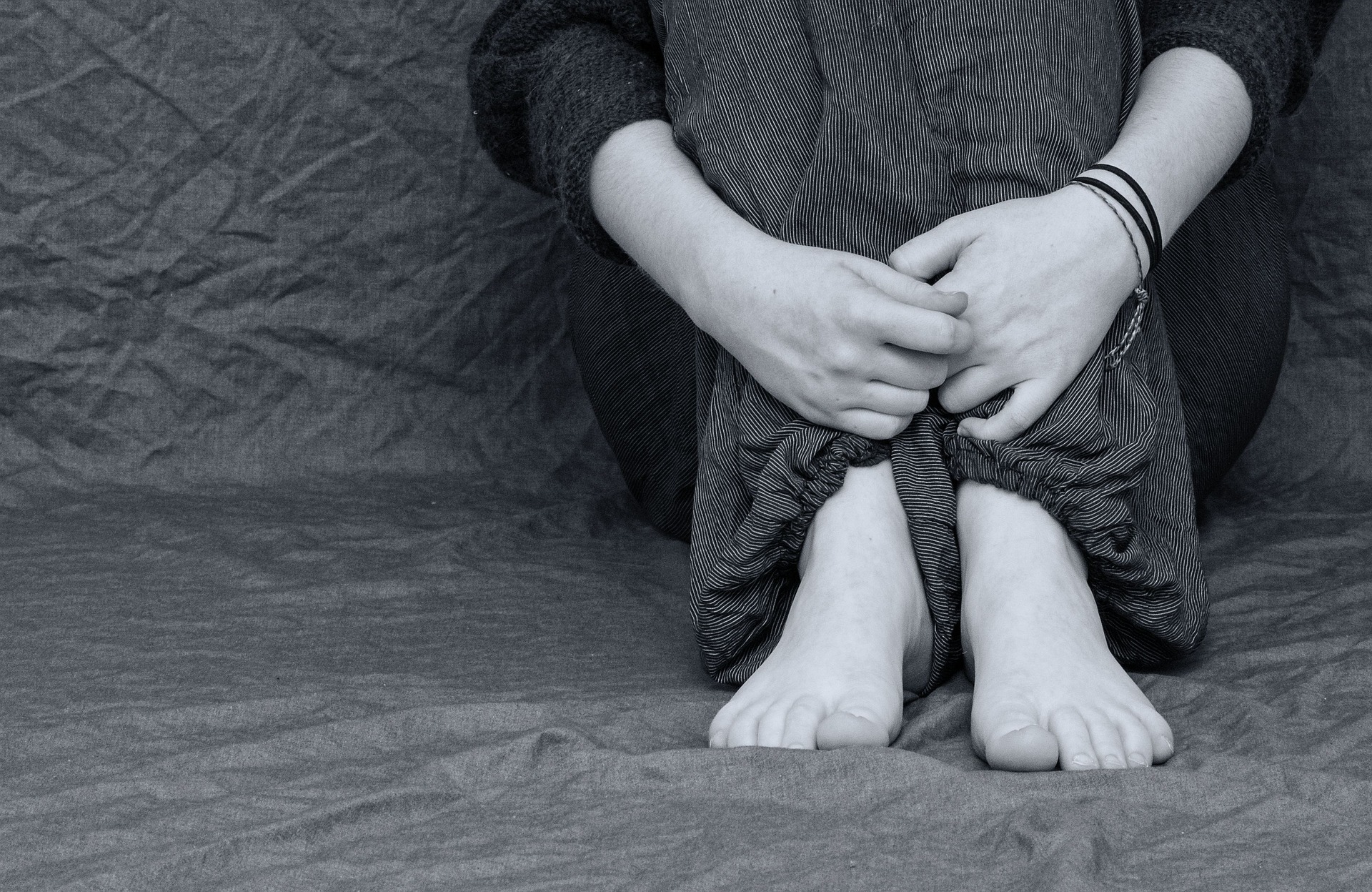
REGINA — Saskatchewan will be offering paid leave to victims of domestic and sexual violence who require time off from work.
The government has introduced and passed legislation that it expects to take effect later this month.
The change means employees, who were previously entitled to take 10 unpaid days of leave, can take five paid days and five unpaid days off. They can use the leave to move, obtain support services, get medical help and attend court appearances.
“These are women that are working largely in low-income jobs. If they were working in higher income jobs, they would have the ability to leave,” Tina Beaudry-Mellor, the Minister Responsible for the Status of Women Office, said Monday.
“This makes a difference to women in those situations. And probably most importantly, it makes a difference to the children that are also in those situations.”
Justice Minister Don Morgan said he hopes the change means victims can get the help they need without worrying about money.
The paid leave not only extends to employees who are themselves victims of domestic or sexual violence, but they can take it if their child or someone who is in their care is a victim.
He said some groups the government consulted with on the new measure wanted a more educational approach to dealing with domestic violence.
That’s important too, Morgan said. “But I don’t think that helps a victim or a person that’s going through that kind of a crisis.”
The Opposition NDP has been pushing for the government to introduce paid leave for domestic violence victims and presented a private member’s bill last year.
Saskatchewan struggles with high rates of domestic violence.
The Saskatchewan Coroners Service says that over the last 14 years, 71 people have died in domestic homicides — more than half of them women.
The province on Monday also released a formal response to recommendations made one year ago by a panel that studied domestic homicides in Saskatchewan.
The government said at the time that it accepted the panel’s 19 suggestions, which ranged from providing better education for students about healthy relationships to establishing a provincial call line to provide information and support to victims and perpetrators of domestic violence.
The province listed Monday existing measures that address the recommendations, including its 811 health line with online information about resources and information about healthy relationships and school health curriculum.
Beaudry-Mellor said a lot of work is happening, including a pilot project by the Regina Police Service to have experts review some of its sexual assault cases. There’s also the introduction of Clare’s Law, which will allow police in Saskatchewan to warn people about a partner’s violent history.
Not all of it is complete right now, she said, “but definitely this is on the government’s radar and it’s something that we’re working through quite closely,” she said.
Morgan said there’s no plan to formally carry on the expert panel’s review process, even though the panel called for a continuation of some sort in its 2018 report.
He said the government’s intent is to implement the recommendations, which intersect with various ministries such as health, justice and education.